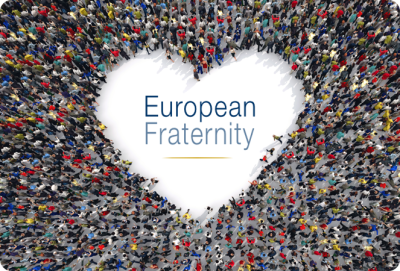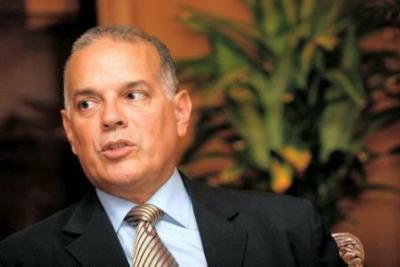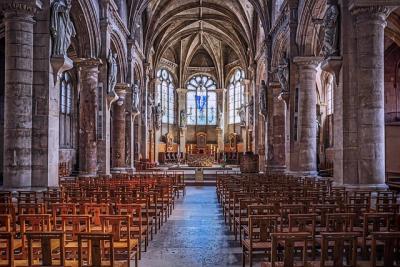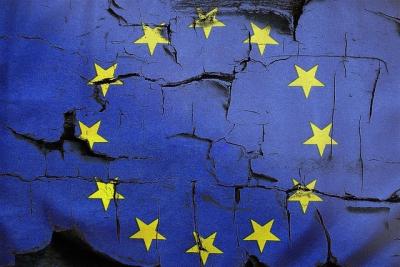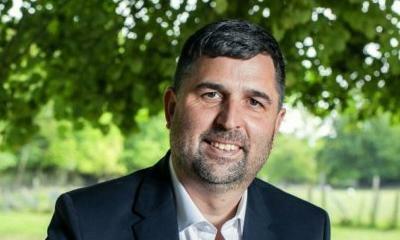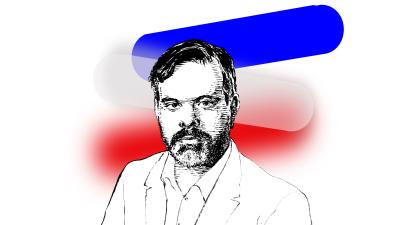Interview with Anna Tompson, member of the “European Fraternity”
This is the eighth instalment of our new interview series, called “Don’t just criticise, create!” David Engels speaks with European artists, philosophers, priests, intellectuals, activists, and artisans who have each decided not only to lament 'the decline of the West' but also to endeavour to help reverse it. They have done this by making something new, and also perhaps something beautiful, true, and good.
David Engels
Country Report: Spain & Portugal, March 2023
The political news in Spain in March was marked, much to the chagrin of the mainstream media, by the motion of censure presented by VOX against Pedro Sánchez’s government.
Álvaro Peñas
Ban Billionaires! – Don't tax them, exile them to their yachts
Earlier this month the American president, Mr Joe Biden, proposed a minimum tax of 25% on billionaires. It is unclear whether such a proposal could ever gain traction in the land that invented the billionaire as a special class of modern man.
Vernon Rogers
Alejandro Peña Esclusa: “Fraud is a crucial issue for the future of democracy in the West, because democracy is literally being stolen from us”
Interview with Alejandro Peña Esclusa, engineer, writer, analyst and political consultant. A pioneer of the first protests in his country against the Chavista regime, he was imprisoned for a year in El Helicoide (a prison notorious for its torture) and is still a political prisoner of conscience. An expert on the Sao Paulo Forum, he has written several books on the subject and has just published “Los Fraudes Electorales del Foro de Sao Paulo” (The electoral frauds of the Sao Paulo Forum).
Álvaro Peñas
Is France in a terminal phase of dechristianisation?
The situation of the Catholic Church in France is particularly worrying. The number of priests has been gradually decreasing for several years. In the early 1960s, there were 41,000 priests in office. In 1995, there were 29,000, and in 2020 half that number, or about 14,000. What is more, half of the French priests are over 75 years old. Every year now between 600 and 700 priests leave, and their departure is far from being compensated for by the few hundred new priests who take up their duties.
Patrick Edery
A green economy minister threatens a touristic nature paradise
Rügen is a place of romantic longing for many Germans. Today, the largest island in the republic has primarily the reputation of a tourist resort, seaside place and nature reserve. And one artistic vision of it remains especially vivid in the German soul: a romantic painting by Caspar David Friedrich, the chalk cliffs in which have etched themselves into our memory.
Marco Gallina
The European Union is changing its nature: are we aware of this?
The 'Founding Fathers' dreamt of a lasting European peace after the worst war in history. The official EU narrative tells us that the starting point of that project was a project for a common economic area. A voluntary cooperation of sovereign states aimed at reconstruction of the battered Europe has gradually evolved, with institutions that were to optimise this continental collaboration.
Ferenc Almássy
Interview: Patrick Edery speaks with Fabien Bouglé - energy policy expert
Fabien Bouglé is an energy policy expert. His warnings have, among other things, contributed to the French government putting an end to the purchase of electricity from offshore wind turbines at exorbitant prices. He is the author of Nucléaire les vérités cachées (2021) and Eoliennes la face noire de la transition écologique (2019).
Patrick Edery
Journalists on state payroll
For example, the federal government has spent almost 1.5 million euros on commissions to journalists over the last five years – whereby a significantly higher part was spent on public service journalists.
Marco Gallina
"Don’t just criticise, create!" Interview with Sander Booij, builder and renovator of organs
This is the seventh instalment of our new interview series called, “Don’t just criticise, create!” David Engels speaks with European artists, philosophers, priests, intellectuals, activists, and artisans who have each decided not only to lament 'the decline of the West' but also to endeavour to help reverse it. They have done this by making something new, and also perhaps something beautiful, true, and good.
David Engels
Interview with Yobana Carril
“I never thought that in Spain I would see that the same crime committed by two individuals would be punished differently depending on their sex”
Álvaro Peñas
Country Report: A Surreal France, March 2023
The main news in France during the month of March was of course the demonstrations against the pension reform. These overshadowed a fairly large number of surreal news items, each of which would deserve a thorough analysis, as they are so symptomatic of the flaws in the French society.



